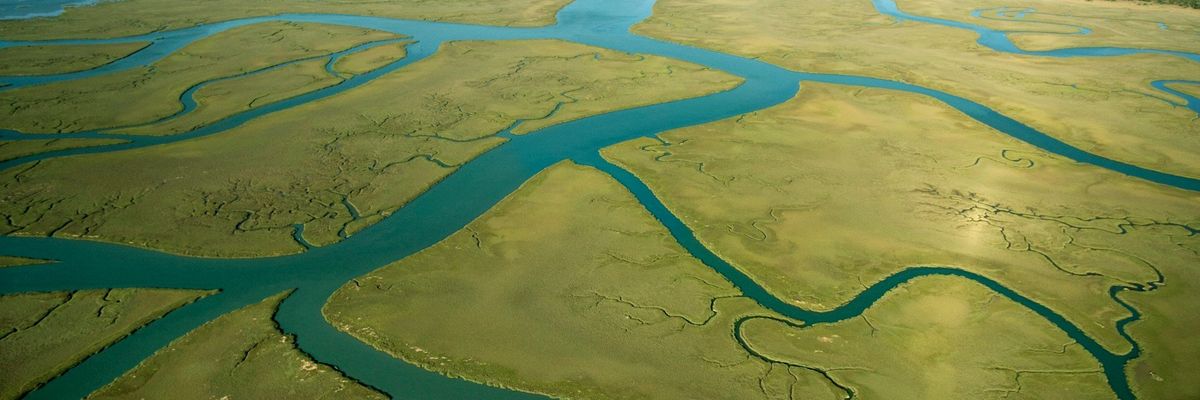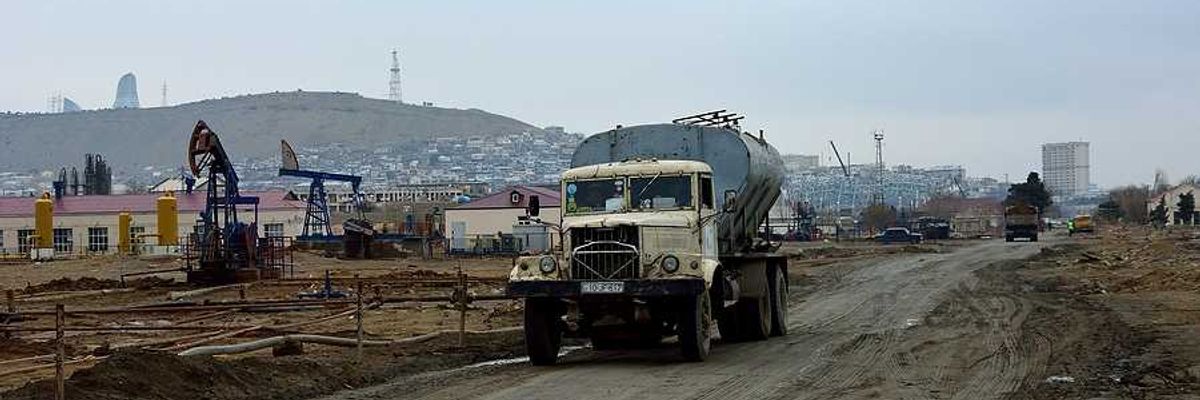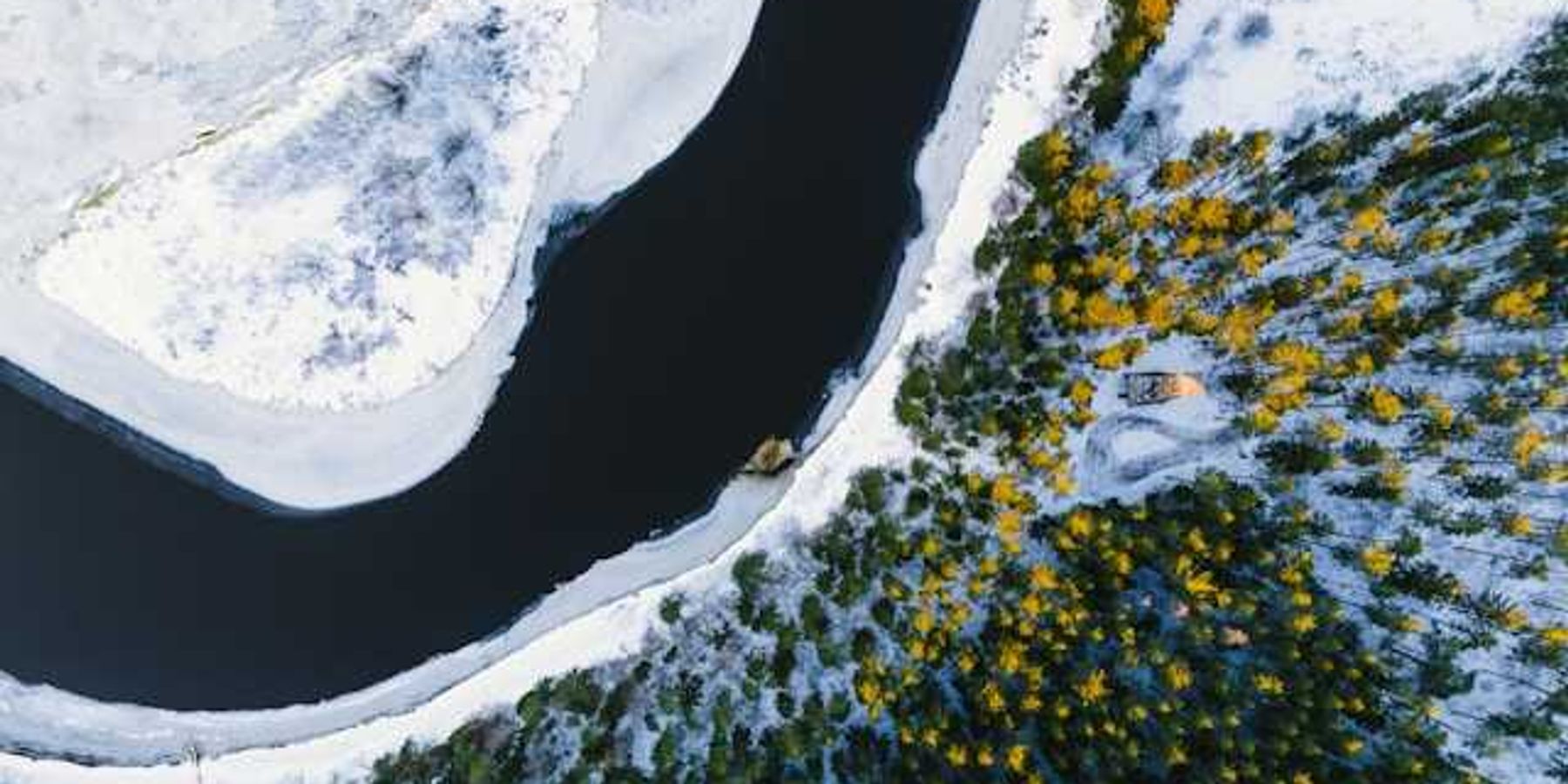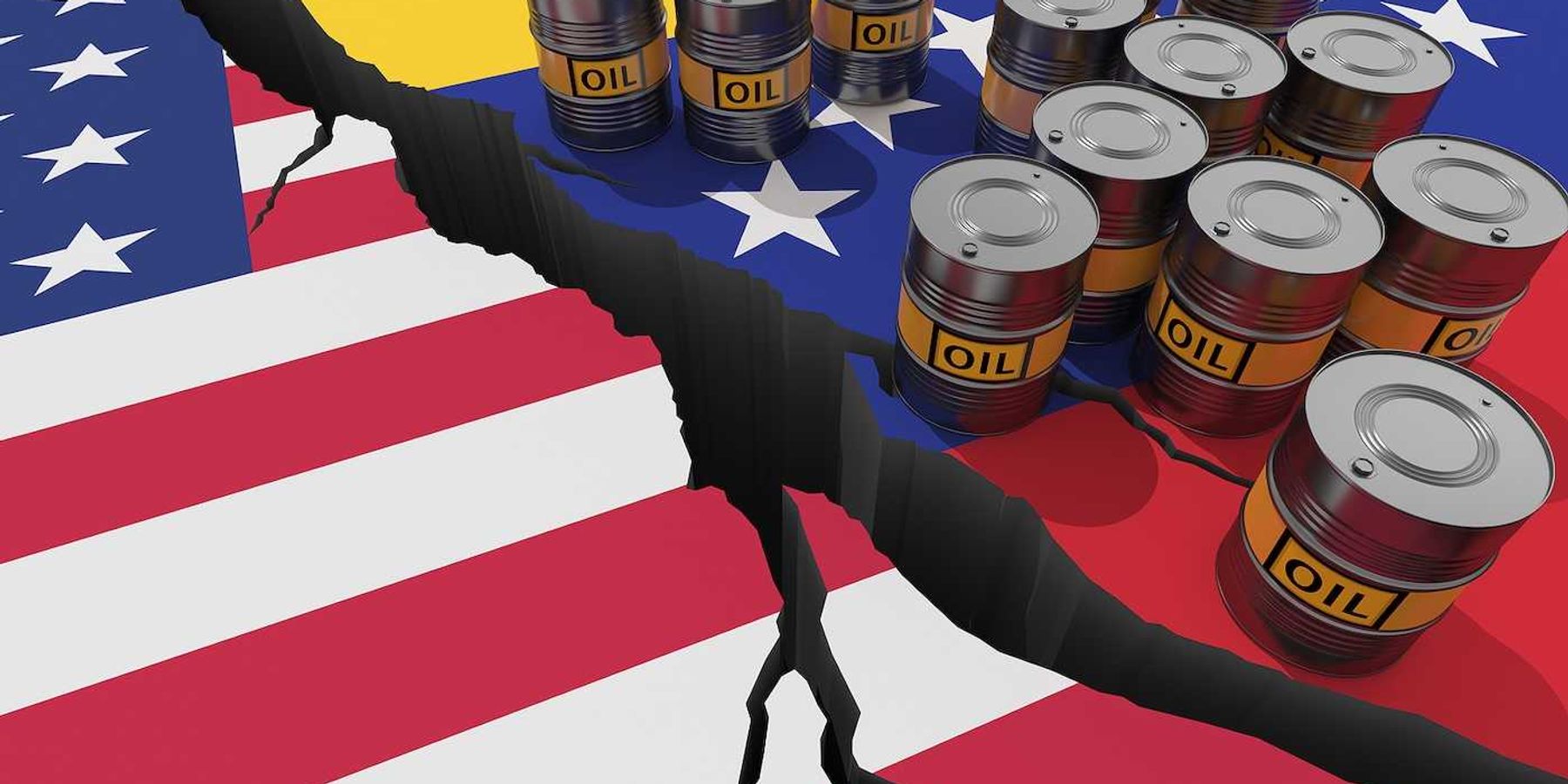amazon rainforest
Amazon rainforest inhabitants share plan to save their home
Inhabitants of the Amazon have created a comprehensive plan to prevent climate and ecological collapse, focusing on ending fossil fuel subsidies and securing Indigenous land rights.
In short:
- The Pan-Amazon Social Forum (FOSPA) gathered Indigenous and local communities to discuss strategies to protect the Amazon rainforest.
- Participants criticized international climate talks and emphasized the need for direct action and local knowledge.
- The proposed plan includes ending fossil fuel subsidies, securing land rights and prioritizing biodiversity hotspots for conservation.
Key quote:
“We are being suffocated by large enterprises.”
— Vanuza Abacatal, leader of a Quilombola community in Para, Brazil.
Why this matters:
The Amazon rainforest plays a critical role in regulating the global climate, and study after study have shown that Indigenous communities with secure land tenure have the best conservation outcomes, even compared to national parks. However, the rainforest faces unprecedented threats from deforestation, illegal mining and oil extraction. Indigenous leaders argue that continuing to support fossil fuel industries through government subsidies only exacerbates these threats, accelerating the pace of ecological destruction and climate change.
Amazon rainforest at risk of significant transformation by mid-century, study indicates
The critical balance between human activity and the Earth's natural climate regulators is beginning to tip — and not in a good way.
In short:
- A recent study predicts that by 2050, 10% to 47% of the Amazon rainforest could undergo severe ecological changes due to deforestation and climate change, potentially transitioning into savanna grasslands.
- The Amazon, a critical carbon sink for 65 million years, faces threats from global warming, extreme droughts, and fires, risking the release of stored carbon and accelerating global warming.
- Researchers emphasize the urgency of maintaining "safe" ecological thresholds, including limiting global warming to 1.5 degrees Celsius and reducing deforestation to below 10% to avoid catastrophic ecosystem degradation.
Key quote:
"At the end of this process, our planet will reorganize itself, find a new equilibrium... humans and other species will have to readapt to very unpleasant conditions."
— Bernardo M. Flores, lead author of the study.
Why this matters:
The Amazon's potential collapse into a degraded ecosystem not only threatens biodiversity and Indigenous communities but also diminishes its role in carbon sequestration, exacerbating global warming. The planet’s largest ecosystems could collapse faster than we thought.
Optimism dries up in Amazon as Lula drifts from climate priorities
Brazil’s president inspired hope a year ago but approval of a new highway shows he remains a concrete-and-oil state builder.
Brazil’s congress weakens protection of Indigenous lands, defying Lula
Driving out the rainforest invaders: crackdown on illegal mining brings hope after Bolsonaro era
Ibama agent Hugo Loss says he and his team have neutralised mining equipment in Operation Xapiri.
‘I want Lula to see this’: Indigenous chief continues fight for Amazon
Raoni Metuktire Kayapó has battled against deforestation all his life and is inviting Brazil’s president to see the damage to his land.
Ecological tipping points could occur much sooner than expected, study finds
Amazon rainforest and other ecosystems could collapse ‘very soon’, researchers warn.









